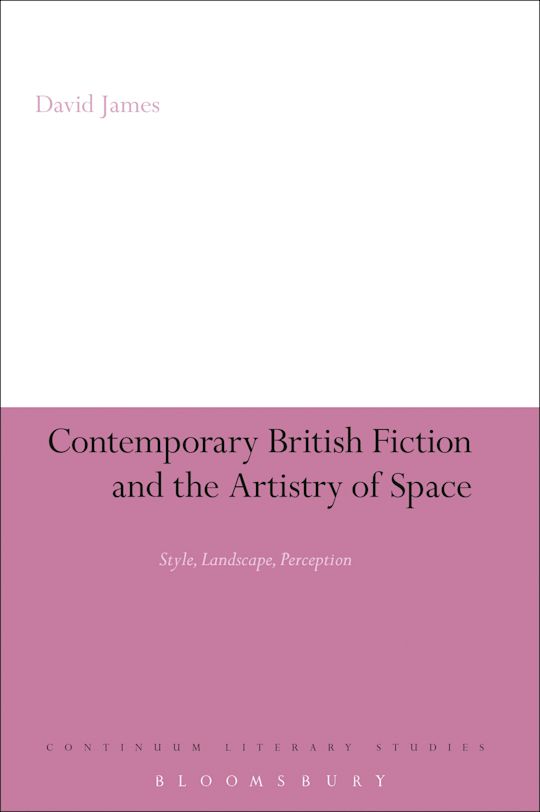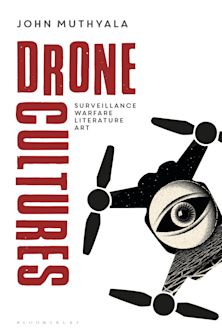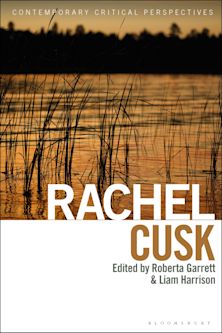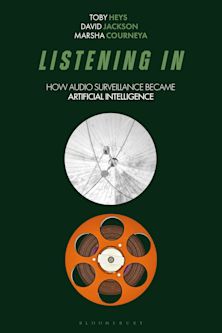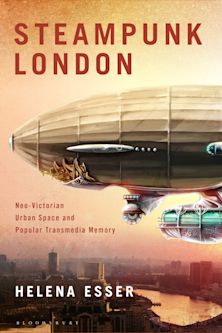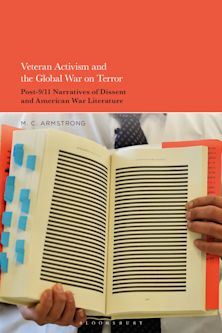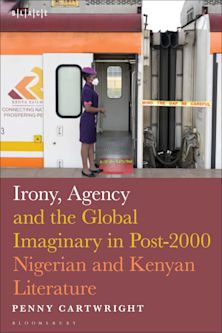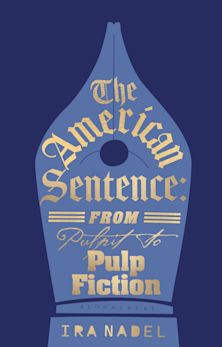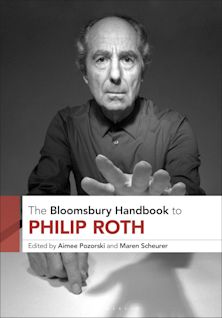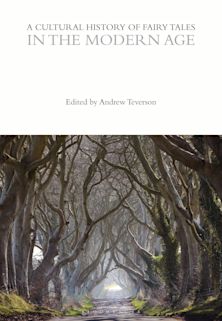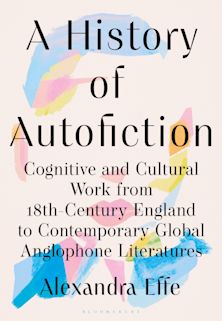- Home
- ACADEMIC
- Literary Studies
- Contemporary Literature
- Contemporary British Fiction and the Artistry of Space
Contemporary British Fiction and the Artistry of Space
Style, Landscape, Perception
Contemporary British Fiction and the Artistry of Space
Style, Landscape, Perception
You must sign in to add this item to your wishlist. Please sign in or create an account
Description
David James considers the work of more than fifteen major British novelists to offer a wide-ranging and accessible commentary on the relationship between landscape and narrative design, demonstrating an approach to the geography of contemporary fiction enriched by the practice of aesthetic criticism. Moving between established and emerging novelists, the book reveals that spatial poetics allow us to chart distinctive and surprising affinities between practitioners, showing how writers today compel us to pay close attention to technique when linking the depiction of physical places to new developments in novelistic craft.
Table of Contents
Introduction: The Spatial Imaginary of Contemporary British Fiction
1. Landscape and Narrative Aesthetics
2. New Horizons for the Regional Novel
3. Urban Visionaries
4. Cartographers of Memory
5. Island Encounters
6. Epilogue: 'Because Time Is Not like Space'
Notes
Bibliography
Index
Product details
| Published | 20 Oct 2011 |
|---|---|
| Format | Ebook (Epub & Mobi) |
| Edition | 1st |
| Extent | 204 |
| ISBN | 9781441145703 |
| Imprint | Continuum |
| Series | Continuum Literary Studies |
| Publisher | Bloomsbury Publishing |
About the contributors
Reviews
-
"The importance of setting to evoke emotions has long been a secret the best writers know. James explains it for the rest of us." -Book News, February 2009
-
Mention -Chronicle of Higher Education, March 6, 2009
-
"This study will prove valuable to students and scholars of the authors discussed, and of the contemporary British novel in general. Furthermore, as an examination of how space is conceptualized and depicted, its significance extends across disciplinary boundaries in the humanities and social sciences. James suggests in his conclusion that 'Particularizing something as ephemeral and abstract as literary space provokes us to reflect on current critical pursuits.' James's own valuable reflections on this subject run through his fascinating study, which offers a perceptive map of contemporary concerns in the field of literary studies at the same time as it helps to open up a new landscape for critical exploration."
Paul Vlitos, Modern Language Review, April 2010
-
'This is a highly intelligent work that establishes and engages with a very important and productive area of study. It is one of a surprisingly small number of sustained and theoretically informed critical studies of space and place in contemporary British fiction' The Review of English Studies, 2010
Paul Smethurst
-
Briefly reviewed in the Year's work in English Studies journal, vol 89, No. 1 'The illuminating extended analysis of such individual practitioners of the novelistic art include J.G. Ballard, Iain Sinclair, Caryl Phillips, Pat Barker, Adam Thorpe, Trezza Azzopardi and A.L. Kennedy'

ONLINE RESOURCES
Bloomsbury Collections
This book is available on Bloomsbury Collections where your library has access.









